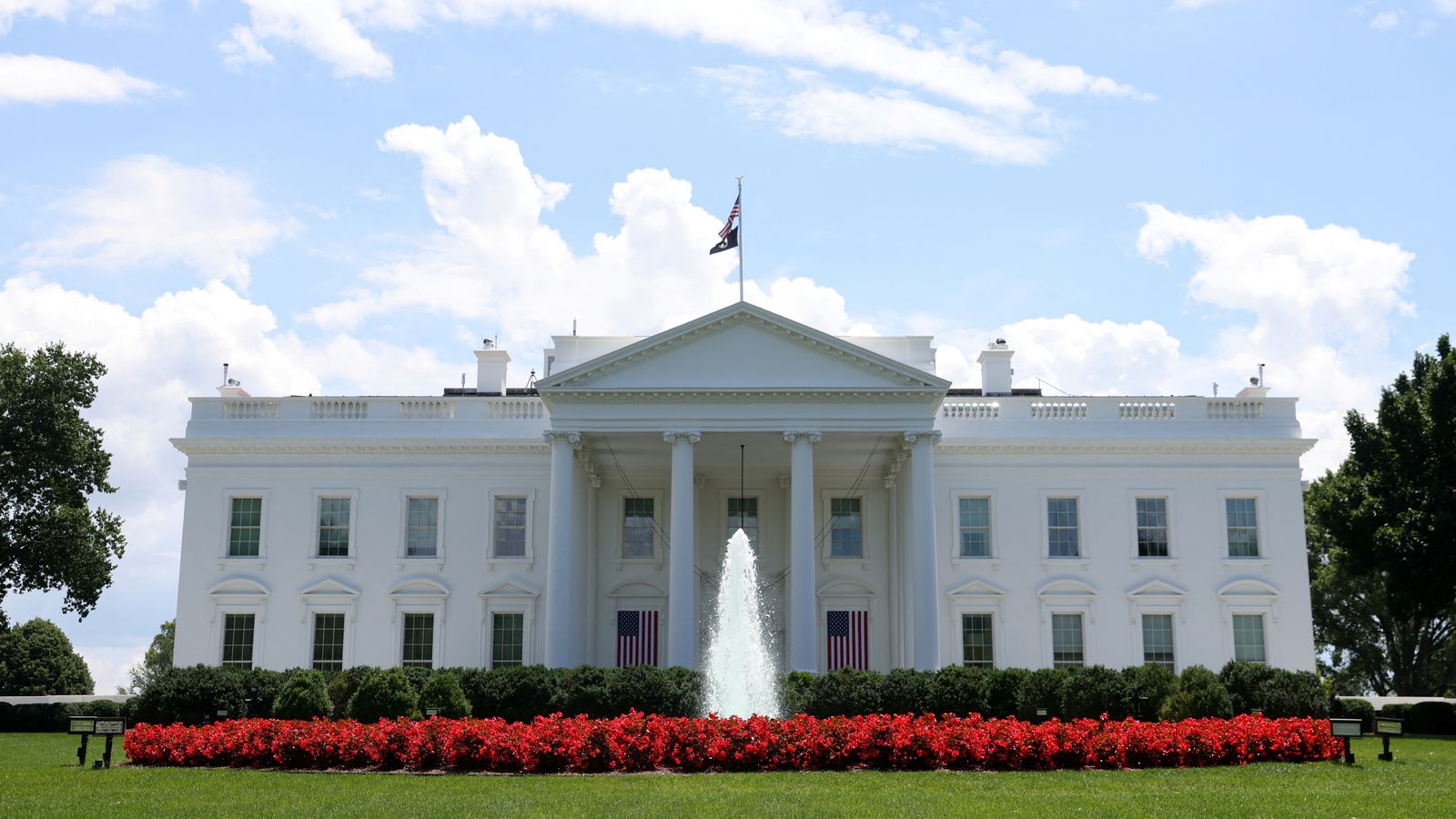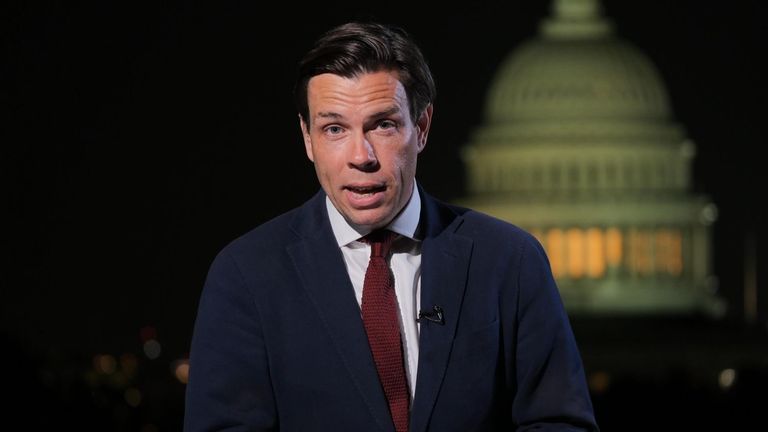The US’s credit rating has been downgraded after the months long debate over raising the debt limit that brought the country to the brink of default.
Fitch has brought down the rating from AAA – the highest possible – to AA+ over debt and governance concerns.
Lower credit ratings can increase the cost of government borrowing, adding to taxpayer bills.
US officials have criticised the move, with Treasury Secretary Janet Yellen calling it “arbitrary” and “based on outdated data”.
Similarly White House press secretary Karine Jean-Pierre said, “It defies reality to downgrade the United States at a moment when President Biden has delivered the strongest recovery of any major economy in the world.”
US President Joe Biden signed a deal in June to increase the debt ceiling, enabling the country to continue making debt repayments, after months of debate and political stand offs.
The bill won bipartisan support after both Republicans and Democrats made concessions on spending. But Fitch said there had been a “steady deterioration in standards of governance” and the “last minute resolutions” prompted the revision.
It was not the first time the US, and global economy as a result, came close to a potential financially catastrophic default.
In 2011 President Obama battled it out with Republicans to eventually raise what was a $14.3trn debt ceiling.
Read more
US debt ceiling: What is it and how devastating would a default be?
Why Britain’s debt makes it far more vulnerable than its global peers
Fitch is only the second ratings agency to bring down its US rating. Of the three major credit rating firms Moody’s maintains AAA but Standard & Poors bought down their measure down to AA+ in 2011, after the previous debt limit fight.
The US Government Accountability Office, in a 2012 report, estimated the 2011 standoff raised state borrowing costs by $1.3bn that year.

